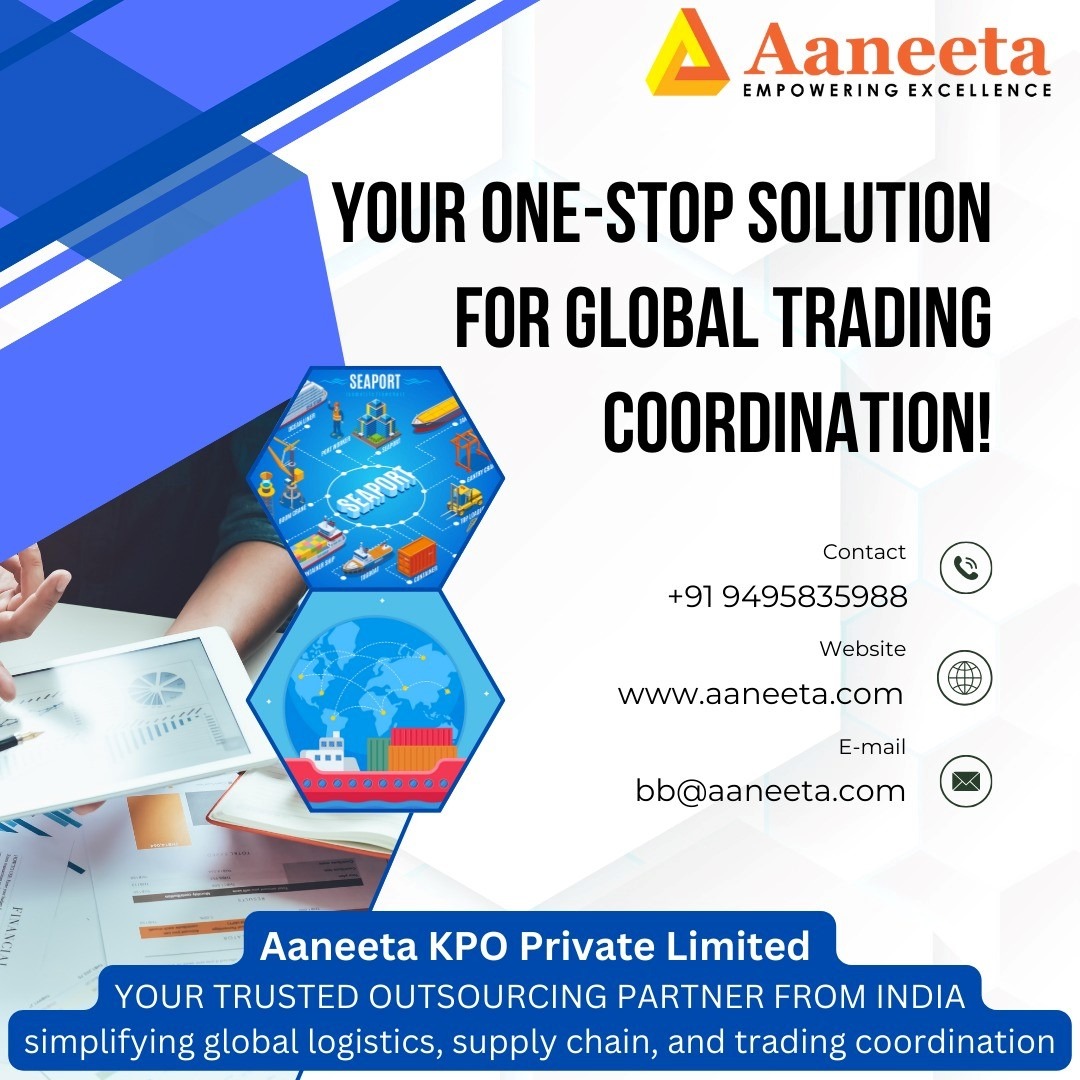Businesses rely on seamless global trade coordination to maintain efficiency and competitiveness. Whether you are a manufacturer exporting goods, a retailer sourcing material, or a logistics provider ensuring timely deliveries, the ability to streamline supply chain operations is crucial. But with multiple stakeholders, regulations, and logistical challenges, how can businesses optimize their global trading processes?
The Importance of Efficient Trade Coordination
Global trade is not just about moving goods from one place to another—it involves complex processes, including compliance with international regulations, managing documentation, handling logistics, and ensuring seamless supply chain integration. A minor disruption, such as a delayed shipment or incorrect documentation, can lead to significant financial losses.
Consider the case of a mid-sized electronics company expanding into new markets. Initially, they faced challenges in coordinating shipments due to varying customs regulations in different countries. By outsourcing their trading coordination to a specialized service provider, they were able to standardize their documentation, ensure compliance, and significantly reduce delays, resulting in improved customer satisfaction and increased revenue.
Challenges in Global Trade Coordination
Despite advancements in technology, businesses still face several challenges in global trade coordination, such as:
- Regulatory Compliance: Each country has its own trade regulations, and non-compliance can lead to penalties or shipment delays.
- Logistics Complexity: Managing shipments across multiple regions requires expertise in freight handling, customs clearance, and supply chain management.
- Data Accuracy: Errors in documentation can cause significant delays, leading to financial losses and damaged customer relationships.
- Cost Efficiency: Inefficient trade coordination often results in higher operational costs, affecting overall profitability.
How Businesses Can Optimize Trade Coordination
The key to overcoming these challenges lies in leveraging technology and outsourcing trading coordination to expert partners. Here are some strategies that have helped businesses achieve efficiency:
1. Automating Trade Documentation
Companies that have adopted digital trade documentation systems have significantly reduced paperwork errors and improved processing times. For example, an apparel manufacturer streamlined its export processes by implementing an automated system that instantly verifies and submits documents to relevant authorities, reducing clearance times by 40%.
2. Partnering with Global Trade Experts
A growing food export business struggled with customs clearance issues, causing frequent shipment delays. By collaborating with an outsourcing partner specializing in global trade coordination, they were able to navigate regulatory challenges smoothly, ensuring timely deliveries and expanding their international footprint.
3. Real-time Shipment Tracking
Visibility is a critical factor in global trade. Companies utilizing real-time tracking systems can monitor shipments, anticipate delays, and take proactive measures. A leading automobile parts supplier reduced their supply chain disruptions by integrating a tracking system, allowing them to reroute shipments and prevent production halts.
The Future of Global Trade Coordination
With the increasing complexity of global trade, businesses must adopt innovative solutions to stay competitive. Advanced technologies like artificial intelligence, blockchain, and predictive analytics are set to revolutionize the way trade coordination is managed. Companies that embrace these changes and collaborate with experienced trade coordination partners will gain a competitive edge in the global marketplace.
In an era where speed and efficiency define business success, optimizing global trading coordination is no longer optional—it’s a necessity. Whether it’s through automation, expert partnerships, or real-time tracking, businesses must invest in smarter strategies to ensure seamless, cost-effective, and compliant trade operations. After all, in a world that never stops moving, neither should your business.



